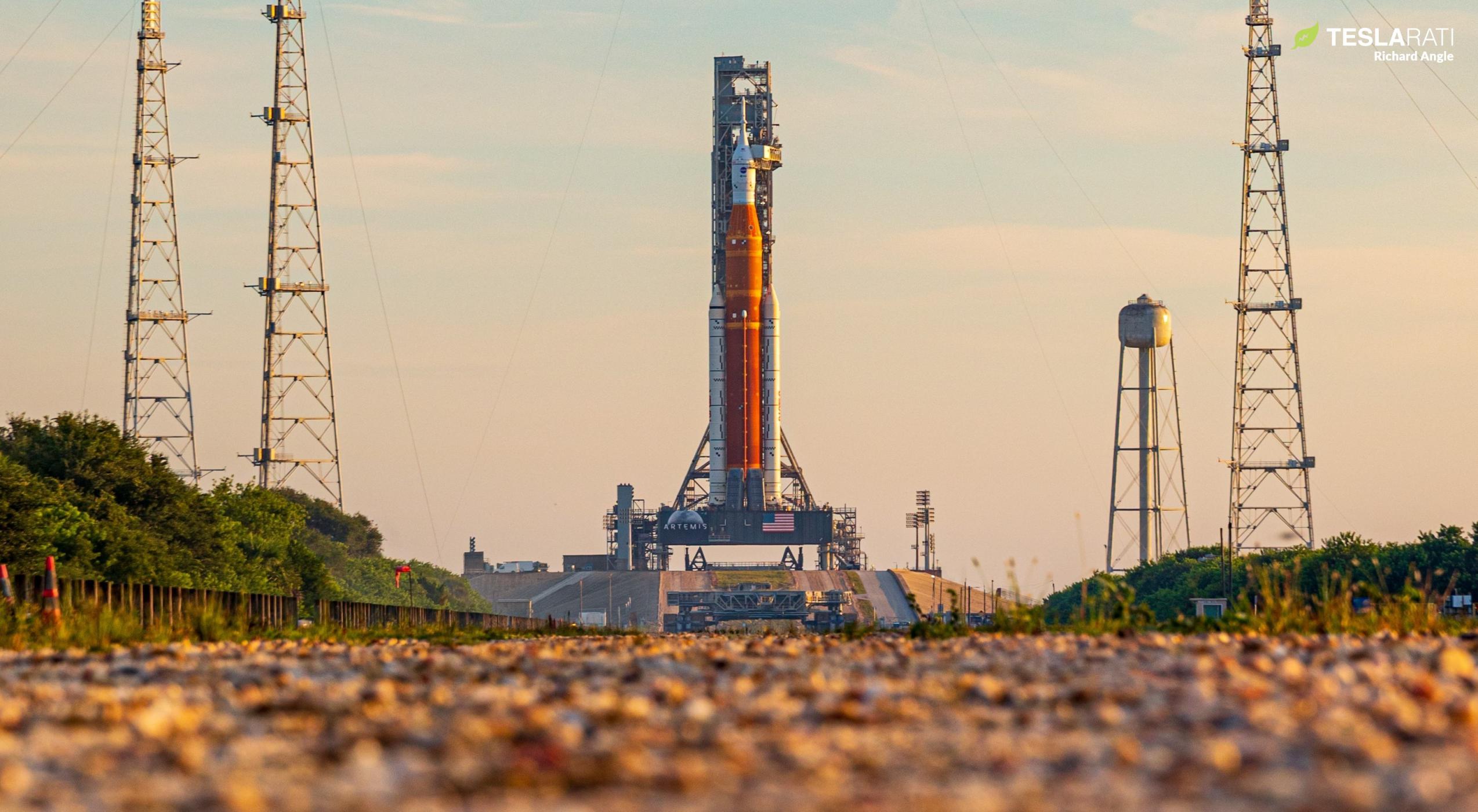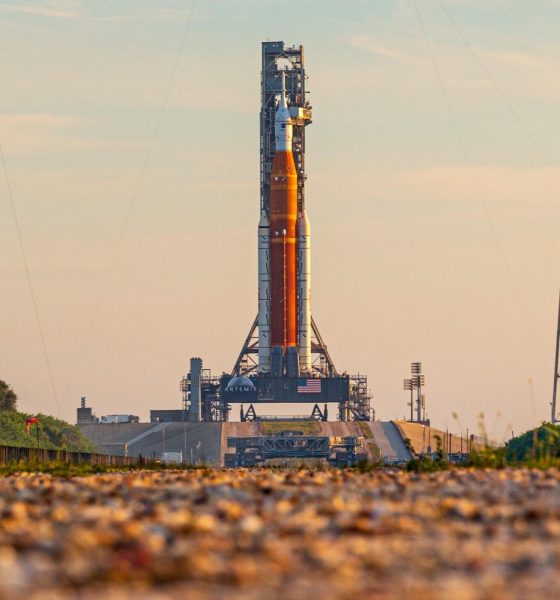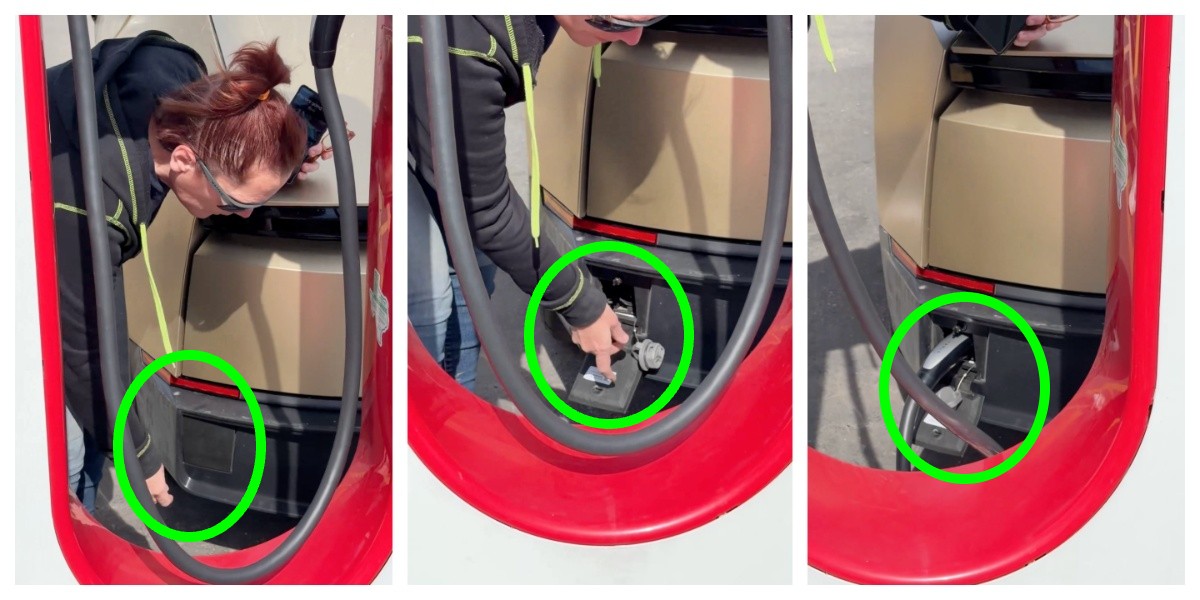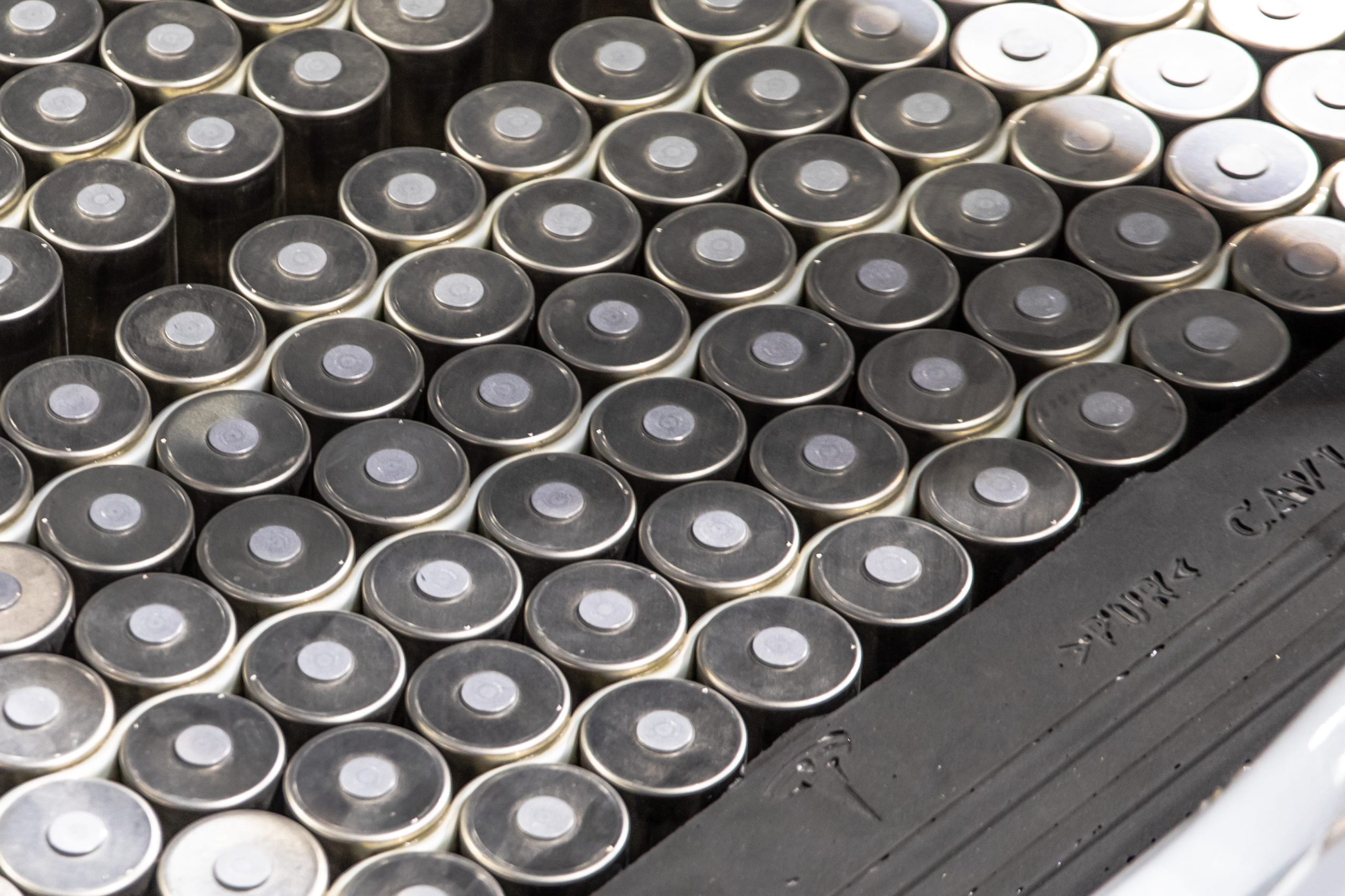

News
NASA to retry Artemis I Moon rocket launch on Saturday
NASA says it has alleviated issues that arose during its first Space Launch System (SLS) Moon rocket launch attempt and will try again as early as Saturday, September 3rd.
Measuring around 98 meters (~322 feet) tall and capable of launching up to 95 tons (~210,000 lb) to low Earth orbit, the SLS rocket’s first launch – Artemis I – will attempt to send NASA Orion spacecraft on its way to lunar orbit. If all goes to plan, a partial prototype of the deep space crew transport vehicle will enter orbit spend several weeks around the Moon, where it will attempt to prove that Orion is safe and ready to launch NASA astronauts.
Approximately six years behind schedule and tens of billions of dollars over budget, the combined Orion spacecraft and SLS rocket were originally expected to debut in 2016 when Congress legally required NASA to develop the combined system in 2011. It would be difficult for the stakes to be much higher.
Now, after an unsuccessful August 29th launch attempt that turned into a wet dress rehearsal test as a result of poor planning, NASA is ready to try again.
SLS is scheduled to lift off from NASA’s Kennedy Space Center (KSC) LC-39B pad no earlier than (NET) 2:17 pm EDT (18:17 UTC) on Saturday, September 3rd. Like the first, the window lasts for two hours, providing some flexibility for NASA to troubleshoot any other minor problems that might crop up during the second launch attempt.
During the first SLS launch attempt, several problems arose, including a possible crack in Core Stage foam insulation, a misbehaving vent valve, a hydrogen fuel leak, and weather concerns that delayed the start of propellant loading by more than an hour. The most important problem, causing NASA to abort its first attempt at T-40 minutes to liftoff, involved Core Stage engine chill systems.
At the time, available data suggested that one of the Core Stage’s four modified and flight-proven Space Shuttle Main Engines (known as RS-25) was unable to chill down to the temperatures required for safe ignition. In a September 1st press conference, after more analysis, NASA now says that the rocket was, in fact, correctly trickling liquid hydrogen fuel through all four engines and that all engines were likely ready to go. The agency and its contractors say they are confident that the true cause of the unfavorable readings was a faulty temperature sensor.
In an earlier press conference, senior officials noted that the Boeing-built SLS Core Stage is designed in a way that makes those faulty temperature sensors virtually inaccessible without major work – and certainly not while the rocket is still at the launch pad. A rollback to NASA’s Vehicle Assembly Building (VAB) could easily delay the next SLS launch attempt by 4-6 weeks, if not longer.
Perhaps as a result of the looming consequences of another rollback, instead of sending the rocket back to fix the newly discovered sensor issue, NASA officials now say they never actually needed the broken sensor and can get by without it working properly. That doesn’t entirely explain why NASA fully aborted an SLS launch attempt as a direct result of not liking the data produced by said sensor a few days prior. Nonetheless, the officials say that by analyzing several other unspecified telemetry readings within the RS-25s and SLS plumbing, they can effectively infer that the engines have been chilled to the right temperature.
In theory, if no other issues arise in the remaining 40 minutes leading up to launch, that should allow NASA to confidently launch SLS without having to replace components deep within the rocket.
NASA will begin live coverage of its next SLS launch attempt on NASA TV at 5:45 am EDT (09:45 UTC), followed by a separate hosted broadcast (the agency’s first attempt at a 4K launch webcast) beginning at 12:15 pm EDT (16:15 UTC).

News
Tesla already has a complete Robotaxi model, and it doesn’t depend on passenger count
That scenario was discussed during the company’s Q4 and FY 2025 earnings call, when executives explained why the majority of Robotaxi rides will only involve one or two people.

Tesla already has the pieces in place for a full Robotaxi service that works regardless of passenger count, even if the backbone of the program is a small autonomous two-seater.
That scenario was discussed during the company’s Q4 and FY 2025 earnings call, when executives explained why the majority of Robotaxi rides will only involve one or two people.
Two-seat Cybercabs make perfect sense
During the Q&A portion of the call, Tesla Vice President of Vehicle Engineering Lars Moravy pointed out that more than 90% of vehicle miles traveled today involve two or fewer passengers. This, the executive noted, directly informed the design of the Cybercab.
“Autonomy and Cybercab are going to change the global market size and mix quite significantly. I think that’s quite obvious. General transportation is going to be better served by autonomy as it will be safer and cheaper. Over 90% of vehicle miles traveled are with two or fewer passengers now. This is why we designed Cybercab that way,” Moravy said.
Elon Musk expanded on the point, emphasizing that there is no fallback for Tesla’s bet on the Cybercab’s autonomous design. He reiterated that the autonomous two seater’s production is expected to start in April and noted that, over time, Tesla expects to produce far more Cybercabs than all of its other vehicles combined.
“Just to add to what Lars said there. The point that Lars made, which is that 90% of miles driven are with one or two passengers or one or two occupants, essentially, is a very important one… So this is clearly, there’s no fallback mechanism here. It’s like this car either drives itself or it does not drive… We would expect over time to make far more CyberCabs than all of our other vehicles combined. Given that 90% of distance driven or distance being distance traveled exactly, no longer driving, is one or two people,” Musk said.
Tesla’s robotaxi lineup is already here
The more interesting takeaway from the Q4 and FY 2025 earnings call is the fact that Tesla does not need the Cybercab to serve every possible passenger scenario, simply because the company already has a functional Robotaxi model that scales by vehicle type.
The Cybercab will handle the bulk of the Robotaxi network’s trips, but for groups that need three or four seats, the Model Y fills that role. For higher-end or larger-family use cases, the extended-wheelbase Model Y L could cover five or six occupants, provided that Elon Musk greenlights the vehicle for North America. And for even larger groups or commercial transport, Tesla has already unveiled the Robovan, which could seat over ten people.
Rather than forcing one vehicle to satisfy every use case, Tesla’s approach mirrors how transportation works today. Different vehicles will be used for different needs, while unifying everything under a single autonomous software and fleet platform.
News
Tesla Cybercab spotted with interesting charging solution, stimulating discussion
The port is located in the rear of the vehicle and features a manual door and latch for plug-in, and the video shows an employee connecting to a Tesla Supercharger.

Tesla Cybercab units are being tested publicly on roads throughout various areas of the United States, and a recent sighting of the vehicle’s charging port has certainly stimulated some discussions throughout the community.
The Cybercab is geared toward being a fully-autonomous vehicle, void of a steering wheel or pedals, only operating with the use of the Full Self-Driving suite. Everything from the driving itself to the charging to the cleaning is intended to be operated autonomously.
But a recent sighting of the vehicle has incited some speculation as to whether the vehicle might have some manual features, which would make sense, but let’s take a look:
🚨 Tesla Cybercab charging port is in the rear of the vehicle!
Here’s a great look at plugging it in!!
— TESLARATI (@Teslarati) January 29, 2026
The port is located in the rear of the vehicle and features a manual door and latch for plug-in, and the video shows an employee connecting to a Tesla Supercharger.
Now, it is important to remember these are prototype vehicles, and not the final product. Additionally, Tesla has said it plans to introduce wireless induction charging in the future, but it is not currently available, so these units need to have some ability to charge.
However, there are some arguments for a charging system like this, especially as the operation of the Cybercab begins after production starts, which is scheduled for April.
Wireless for Operation, Wired for Downtime
It seems ideal to use induction charging when the Cybercab is in operation. As it is for most Tesla owners taking roadtrips, Supercharging stops are only a few minutes long for the most part.
The Cybercab would benefit from more frequent Supercharging stops in between rides while it is operating a ride-sharing program.
Tesla wireless charging patent revealed ahead of Robotaxi unveiling event
However, when the vehicle rolls back to its hub for cleaning and maintenance, standard charging, where it is plugged into a charger of some kind, seems more ideal.
In the 45-minutes that the car is being cleaned and is having maintenance, it could be fully charged and ready for another full shift of rides, grabbing a few miles of range with induction charging when it’s out and about.
Induction Charging Challenges
Induction charging is still something that presents many challenges for companies that use it for anything, including things as trivial as charging cell phones.
While it is convenient, a lot of the charge is lost during heat transfer, which is something that is common with wireless charging solutions. Even in Teslas, the wireless charging mat present in its vehicles has been a common complaint among owners, so much so that the company recently included a feature to turn them off.
Production Timing and Potential Challenges
With Tesla planning to begin Cybercab production in April, the real challenge with the induction charging is whether the company can develop an effective wireless apparatus in that short time frame.
It has been in development for several years, but solving the issue with heat and energy loss is something that is not an easy task.
In the short-term, Tesla could utilize this port for normal Supercharging operation on the Cybercab. Eventually, it could be phased out as induction charging proves to be a more effective and convenient option.
News
Tesla confirms that it finally solved its 4680 battery’s dry cathode process
The suggests the company has finally resolved one of the most challenging aspects of its next-generation battery cells.

Tesla has confirmed that it is now producing both the anode and cathode of its 4680 battery cells using a dry-electrode process, marking a key breakthrough in a technology the company has been working to industrialize for years.
The update, disclosed in Tesla’s Q4 and FY 2025 update letter, suggests the company has finally resolved one of the most challenging aspects of its next-generation battery cells.
Dry cathode 4680 cells
In its Q4 and FY 2025 update letter, Tesla stated that it is now producing 4680 cells whose anode and cathode were produced during the dry electrode process. The confirmation addresses long-standing questions around whether Tesla could bring its dry cathode process into sustained production.
The disclosure was highlighted on X by Bonne Eggleston, Tesla’s Vice President of 4680 batteries, who wrote that “both electrodes use our dry process.”
Tesla first introduced the dry-electrode concept during its Battery Day presentation in 2020, pitching it as a way to simplify production, reduce factory footprint, lower costs, and improve energy density. While Tesla has been producing 4680 cells for some time, the company had previously relied on more conventional approaches for parts of the process, leading to questions about whether a full dry-electrode process could even be achieved.
4680 packs for Model Y
Tesla also revealed in its Q4 and FY 2025 Update Letter that it has begun producing battery packs for certain Model Y vehicles using its in-house 4680 cells. As per Tesla:
“We have begun to produce battery packs for certain Model Ys with our 4680 cells, unlocking an additional vector of supply to help navigate increasingly complex supply chain challenges caused by trade barriers and tariff risks.”
The timing is notable. With Tesla preparing to wind down Model S and Model X production, the Model Y and Model 3 are expected to account for an even larger share of the company’s vehicle output. Ensuring that the Model Y can be equipped with domestically produced 4680 battery packs gives Tesla greater flexibility to maintain production volumes in the United States, even as global battery supply chains face increasing complexity.








